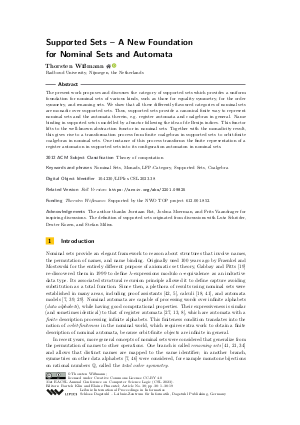LIPIcs.CSL.2023.38.pdf
- Filesize: 0.84 MB
- 19 pages

 Creative Commons Attribution 4.0 International license
Creative Commons Attribution 4.0 International license













Feedback for Dagstuhl Publishing